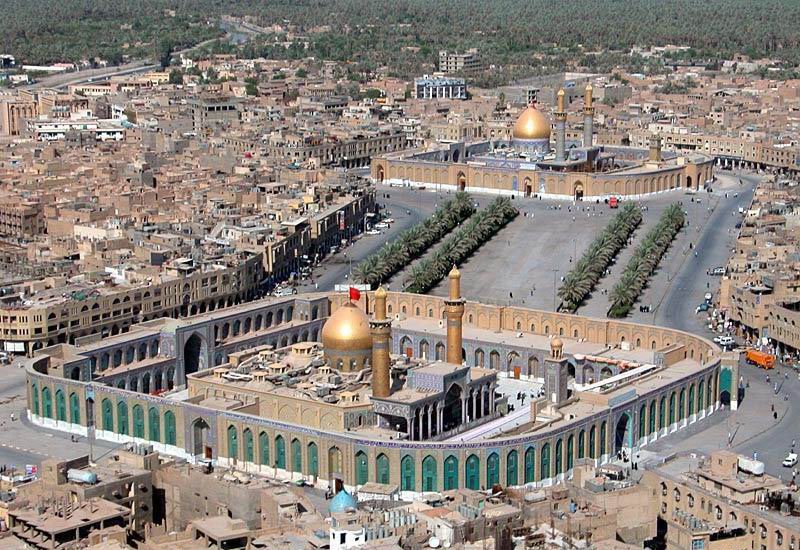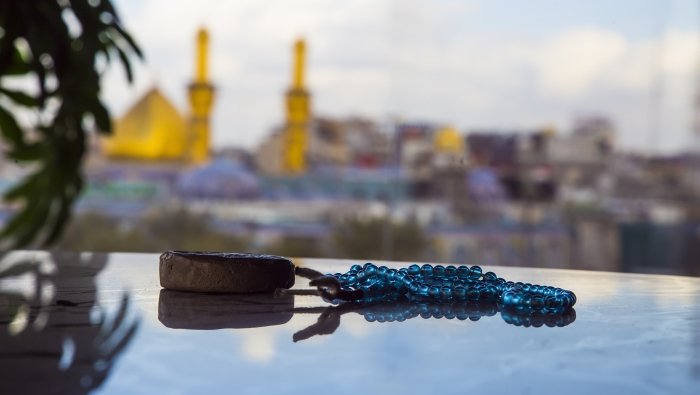The Great Sacrifice of Hazrat Hussain (R.A.): A Legacy of Courage and Faith
In the annals of Islamic history, the sacrifice of Hazrat Hussain ibn Ali (R.A.), the beloved grandson of the Prophet Muhammad (PBUH), stands as a profound symbol of unwavering faith, courage, and the fight against oppression. His martyrdom at the Battle of Karbala on the 10th of Muharram, 680 AD, is a tale of steadfastness and sacrifice that continues to inspire millions of Muslims around the world.
The Background: A Struggle for Justice

Hazrat Hussain (R.A.) was the son of Hazrat Ali (R.A.) and Hazrat Fatimah (R.A.), the daughter of the Prophet Muhammad (PBUH). Born in 626 AD, he was cherished by the Prophet, who once said, “Hussain is from me, and I am from Hussain. May Allah love him who loves Hussain.” This deep bond not only highlights the spiritual significance of Hussain (R.A.) but also sets the stage for understanding the magnitude of his sacrifice.
After the death of his brother, Imam Hasan (R.A.), Hussain (R.A.) became the leader of the Banu Hashim clan. During this period, the Islamic caliphate was under the rule of Yazid ibn Muawiya, whose leadership was marked by tyranny and a departure from Islamic principles. Hussain (R.A.) refused to pledge allegiance to Yazid, standing firm on the values of justice and truth, which eventually led to the fateful confrontation at Karbala.
The Journey to Karbala: A Path of Resolve

In response to the oppressive regime of Yazid, the people of Kufa invited Hussain (R.A.) to lead them in their resistance. Trusting their plea, Hussain (R.A.), along with his family and a small group of loyal companions, embarked on a journey to Kufa. Despite knowing the dangers ahead, he was determined to uphold the principles of Islam.
As they reached the plains of Karbala, Hussain’s (R.A.) caravan was intercepted by Yazid’s army, numbering in the thousands. Cut off from access to the Euphrates River, Hussain (R.A.) and his followers faced severe thirst and hardship. Despite these dire conditions, they remained resolute, exemplifying unparalleled patience and faith.
The Battle of Karbala: A Testament to Bravery

On the day of Ashura, the 10th of Muharram, the battle reached its tragic climax. Outnumbered and outmatched, Hussain (R.A.) and his 72 companions, including his family members, displayed remarkable valor and determination. Each of them fought bravely, knowing that their stand was not just for their lives, but for the preservation of Islamic values and justice.
One by one, the noble companions of Hussain (R.A.) fell, including his young son, Ali Asghar, and his half-brother, Abbas. Despite the overwhelming odds, Hussain (R.A.) continued to fight until he was martyred. His final moments were a poignant reminder of his unyielding commitment to righteousness.
The Aftermath: An Everlasting Legacy

The tragedy of Karbala was not just a battle; it was a defining moment in Islamic history. The martyrdom of Hazrat Hussain (R.A.) ignited a spirit of resistance against tyranny and injustice. His sacrifice is commemorated every year during the month of Muharram, especially on the day of Ashura, through mourning rituals, processions, and storytelling.
The lessons from Karbala are timeless. Hazrat Hussain’s (R.A.) stand against oppression teaches us the importance of standing up for truth and justice, even in the face of overwhelming adversity. His legacy is a beacon of hope, reminding us that the values of compassion, integrity, and faith are worth every sacrifice.
In conclusion, the great sacrifice of Hazrat Hussain (R.A.) is not just a historical event but a profound message for all humanity. It is a story of courage, faith, and the eternal struggle for justice, inspiring generations to live with dignity and honor. As we reflect on his martyrdom, let us strive to embody the principles he fought for and keep his legacy alive in our hearts.


